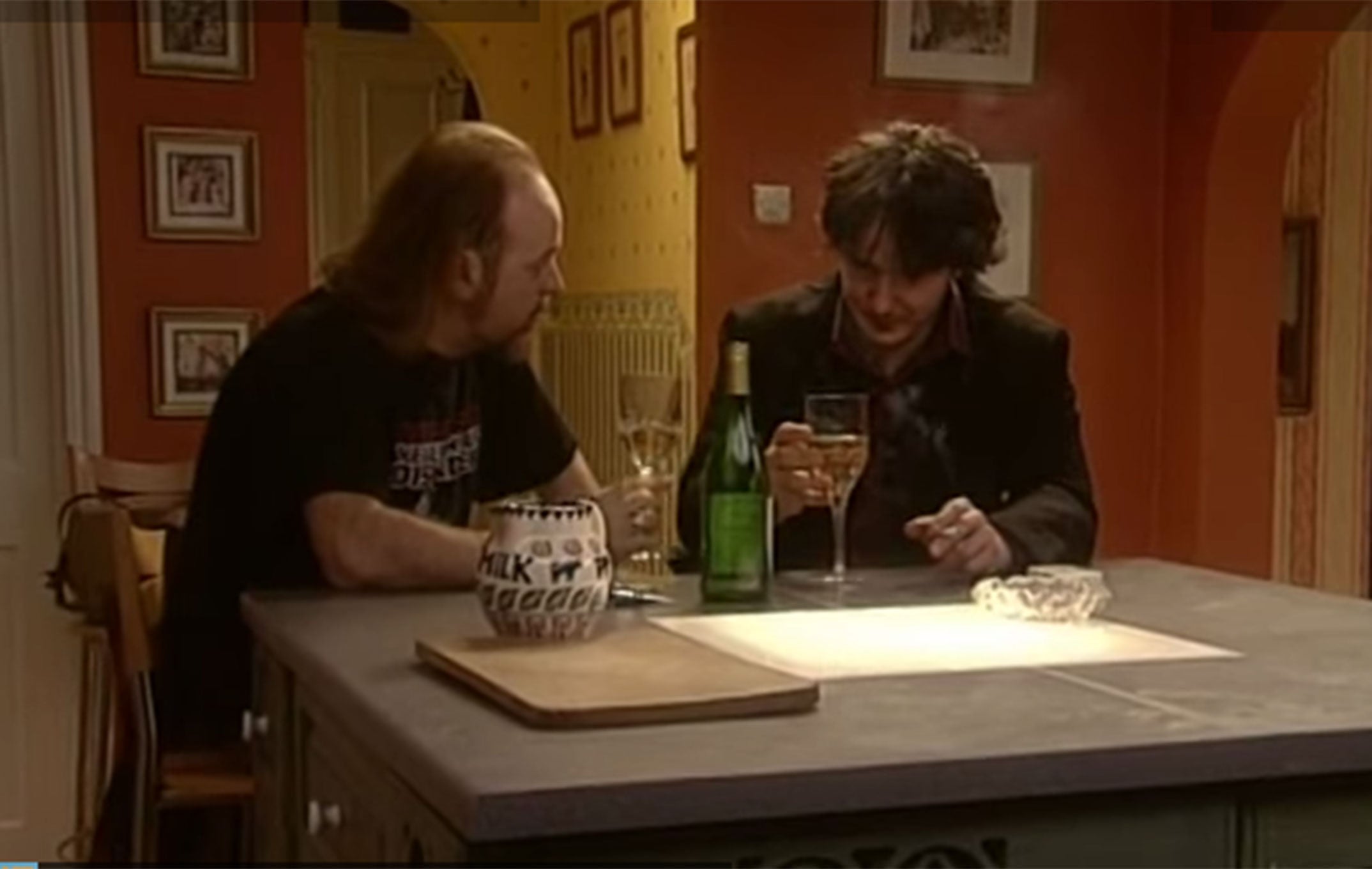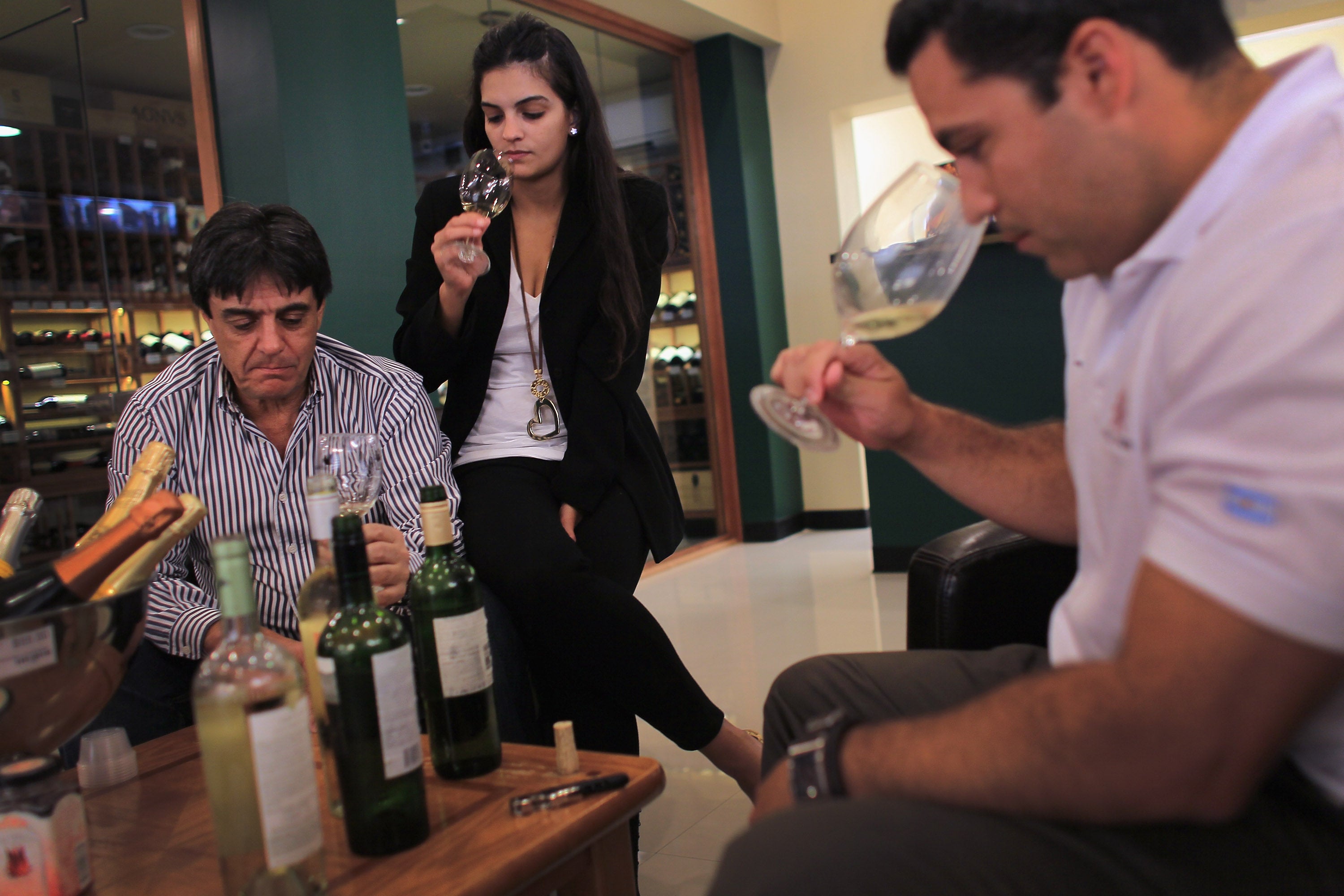Want to impress friends with expensive wine? Just buy plonk, they won't know the difference
A study has shown that people enjoy wine more when they're told it's expensive - even if it's a bottle of cheap plonk

Your support helps us to tell the story
From reproductive rights to climate change to Big Tech, The Independent is on the ground when the story is developing. Whether it's investigating the financials of Elon Musk's pro-Trump PAC or producing our latest documentary, 'The A Word', which shines a light on the American women fighting for reproductive rights, we know how important it is to parse out the facts from the messaging.
At such a critical moment in US history, we need reporters on the ground. Your donation allows us to keep sending journalists to speak to both sides of the story.
The Independent is trusted by Americans across the entire political spectrum. And unlike many other quality news outlets, we choose not to lock Americans out of our reporting and analysis with paywalls. We believe quality journalism should be available to everyone, paid for by those who can afford it.
Your support makes all the difference.Do you want to impress guests with a bottle of vintage wine, but can't afford the hefty price tag? Just buy a cheap one and tell them it's expensive, and they'll enjoy it more.
It sounds far-fetched, but a study in the Journal of Marketing research has shown that preconceptions of price can actually change the chemistry of the brain so that drinkers enjoy plonk in the same way they would a more expensive bottle.
In an experiment that involved test subjects having their brains scanned while drinking what they were told were five different wines of different prices, researchers found that the drinkers' brains showed they enjoyed the most expensive wines more.

In reality, the subjects were just drinking three different wines, which cost two different prices - they just enjoyed the wine more when they thought it was from an expensive, 'nice' bottle.
The study shows just how strong marketing placebo effects (MPEs) can be when used on consumers - our brains can actually experience very different products in similar ways, depending on how they are marketed.
The authors of the study, Hilke Plassman, a cognitive neuroscientist, and Bernd Weber, Professor of Neuroscience at the University of Bonn, found that reward-seeking people with low awareness of their physical senses and a high need for cognition were more likely to be influenced by MPEs.
The study to adds the case against the wine-tasting industry. Numerous tests into the capabilities of wine tasters and drinkers have been conducted over the years, many of which show that experts are often swayed by their preconceptions of what the wine will be like.
In 2001, French academic Frédéric Brochet presented 57 volunteers with two glasses of wine - one red, one white.
They didn't know, however, that the two wines were exactly the same - they were both the same white wine, but one had been coloured red with a flavourless dye.
Winemaker Robert Hodgson has also called into question the abilities of wine connoisseurs - finding that professional judges responsible for awarding medals in wine competitions seemingly awarded points randomly - often giving the exact same wines wildly different scores on different occasions.
So next time you're tempted by an expensive bottle in the supermarket, just get a cheap one and change the label. Even the pros won't notice.
Join our commenting forum
Join thought-provoking conversations, follow other Independent readers and see their replies
Comments